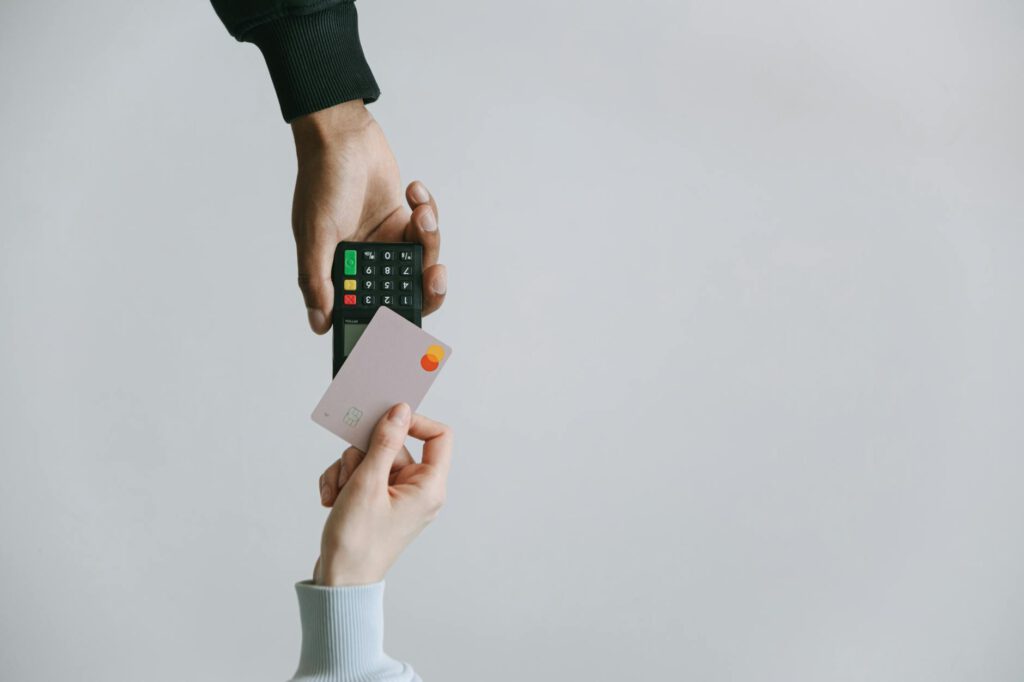Introduction
Counterfeit products cost the global economy over $500 billion annually, affecting industries from luxury goods to pharmaceuticals. Consumers and businesses alike struggle to distinguish genuine products from fakes, eroding trust and damaging brand reputations. Blockchain technology offers a revolutionary solution by providing an immutable, transparent ledger to verify authenticity.
This article explores how blockchain can combat counterfeiting, the industries benefiting from it, and actionable steps to implement it in your supply chain.
How Blockchain Ensures Product Authenticity
Blockchain is a decentralized digital ledger that records transactions across multiple computers. Once data is added, it cannot be altered, making it ideal for verifying product origins. Here’s how it works:
- Immutable Records – Each product is assigned a unique digital identifier (e.g., QR code or NFC tag) stored on the blockchain.
- Transparent Tracking – Every step in the supply chain, from manufacturing to retail, is logged and time-stamped.
- Consumer Verification – Buyers scan the product’s tag to confirm its authenticity via a blockchain-based app.
Unlike traditional databases, blockchain eliminates single points of failure, ensuring data integrity.
Industries Leveraging Blockchain for Anti-Counterfeiting
1. Luxury Goods
High-end brands like LVMH (Louis Vuitton) and Prada use blockchain to authenticate handbags, watches, and jewelry. Each item’s materials, craftsmanship, and ownership history are recorded, allowing customers to verify legitimacy before purchase.
2. Pharmaceuticals
Fake medications endanger lives. Companies like Pfizer and Merck use blockchain to track drug batches, ensuring they meet safety standards. Patients can verify prescriptions via serial numbers linked to blockchain records.
3. Electronics
Tech giants like Samsung employ blockchain to combat counterfeit components. Buyers can check a product’s manufacturing date, warranty, and repair history.
4. Agriculture & Food
Walmart uses IBM’s Food Trust Blockchain to trace produce from farm to shelf. In seconds, retailers can identify contaminated batches, improving recalls and consumer safety.
Steps to Implement Blockchain for Product Authentication
1. Choose the Right Blockchain
- Public Blockchains (Ethereum, VeChain) – Decentralized and transparent but may have scalability issues.
- Private Blockchains (Hyperledger Fabric) – Faster and more controlled, ideal for enterprise use.
2. Integrate Tracking Technologies
- QR Codes – Low-cost and widely accessible.
- NFC/RFID Tags – More secure, harder to replicate.
- Smart Labels – Tamper-evident with embedded sensors.
3. Partner with Supply Chain Stakeholders
Collaborate with suppliers, manufacturers, and logistics providers to ensure every step is recorded. Blockchain’s effectiveness depends on full participation.
4. Educate Consumers
Develop user-friendly apps (e.g., LVMH’s AURA) that allow buyers to scan and verify products effortlessly.
5. Monitor and Update
Regularly audit blockchain records to ensure accuracy and adapt to new counterfeiting tactics.
Tools & Resources for Blockchain Authentication
Platforms:
- VeChain – Specializes in supply chain tracking.
- IBM Blockchain – Enterprise-grade solutions for large-scale verification.
- Ethereum – Supports smart contracts for automated authenticity checks.
Verification Apps:
- Authentique – Scans blockchain-linked product tags.
- BlockVerify – Focuses on anti-counterfeit solutions.
Cost Considerations:
- Small businesses can start with QR codes and Ethereum-based solutions.
- Enterprises may invest in custom private blockchains for enhanced security.
Frequently Asked Questions
1. Is blockchain 100% fraud-proof?
While highly secure, blockchain relies on accurate initial data entry. If fake products enter the supply chain before being logged, verification fails.
2. How much does blockchain authentication cost?
Costs vary:
– QR codes: $0.01–$0.10 per unit.
– NFC tags: $0.50–$5 per unit.
– Custom blockchain development: $50,000+ for enterprise solutions.
3. Can small businesses afford blockchain?
Yes—platforms like VeChain Thor offer scalable, low-cost options for SMEs.
4. What’s the environmental impact?
Proof-of-Work blockchains (e.g., Bitcoin) consume energy, but newer Proof-of-Stake models (e.g., Ethereum 2.0) are eco-friendly.
Conclusion
Blockchain is transforming product authentication by creating trust in an era of rampant counterfeiting. From luxury brands to food suppliers, businesses are adopting this technology to protect their products and customers.
Implementing blockchain requires strategic planning, but the payoff—enhanced brand credibility, reduced fraud, and consumer confidence—makes it a worthwhile investment. Start small with QR codes or partner with blockchain platforms to build a robust verification system.
As counterfeiters grow more sophisticated, blockchain stands as the most reliable shield, ensuring that authenticity is no longer a luxury but a guarantee.
By integrating blockchain into your supply chain, you’re not just fighting fraud—you’re future-proofing your business.

